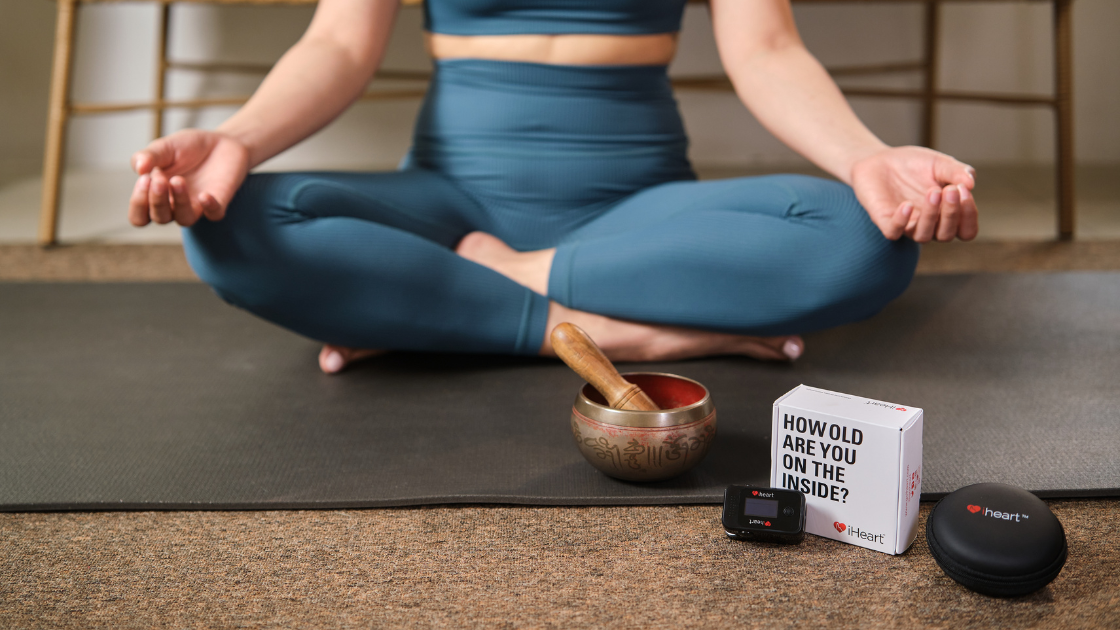You’ve just taken your first reading in the iheart Brain app and received your score. Now that you have a number representing your brain health, you might be wondering: what can I do with this information?
iheart Brain was designed to give you an inside look at the functioning of your autonomic nervous system (ANS), with the ultimate goal of providing a starting point for making lifestyle changes to support your cognitive health.
If you’re ready to venture out on your personal health journey and improve the health of your brain, read on. This is our ultimate guide to getting the most out of the iheart Brain app.
How it works
iheart Brain measures your ANS health in a way that’s never been done before.
By measuring changes to your blood pressure as you move from a sitting to standing position (known as your orthostatic response), iheart Brain shows you how healthy and nourished your brain is with a score from 1 - 100, with 100 being fully nourished and healthy. It can identify those with an impaired orthostatic response and track your progress as you make healthy lifestyle improvements.
A young person with a strong autonomic nervous system function will see their blood pressure quickly return to baseline values within 30 seconds of standing up. With aging, stress, fatigue, and illnesses (such as diabetes, alcoholism, Parkinson’s Disease, and dementia) the autonomic nervous system is weakened, and the orthostatic response is slowed.

What your score means
With good internal mobility, your ANS maintains the healthy exchange of blood flow, vital nutrients, and wastes to and from the brain. But any disruptions to this relationship causes cell death, and over time, cognitive decline – something that happens naturally as we age. Your score indicates where your cognitive health currently stands.
If your score is less than 100, it means that there’s room for improvement, and your brain isn’t getting as much support as it could be. The good news is, our bodies are highly receptive to lifestyle changes. With time and daily choices that prioritize your health, you’ll be able to see your score improve and feel confident that you’re taking good care of your cognitive health.
If your score is significantly less than 100, it might be a good idea to schedule an appointment with your doctor to discuss why you might have an impaired orthostatic response and seek further testing.

How to improve your score
There are plenty of steps you can take to improve your iHeart Brain score and support your ANS health. However, keep in mind that seeing improvements to your orthostatic response will take longer than iheart HRV or iheart Internal Age. Consistency over time is the key to improvement!
Here’s what you can do to begin supporting and nourishing your brain:
- Take steps to reduce stress
- Increase hydration
- Increase daily exercise
- Make positive dietary changes
- Take brain-supporting nutrition supplements
- Stop smoking
- Minimize alcohol consumption
- Improve sleep habits
Want to get weekly tips on optimizing your cognitive health and improving your iheart Brain score? Be sure to join the iheart community on Facebook and Instagram, and subscribe to our newsletter.






Share:
3 Tips to Hack Your Stress Levels
How to Get the Most out of the iheart HRV App